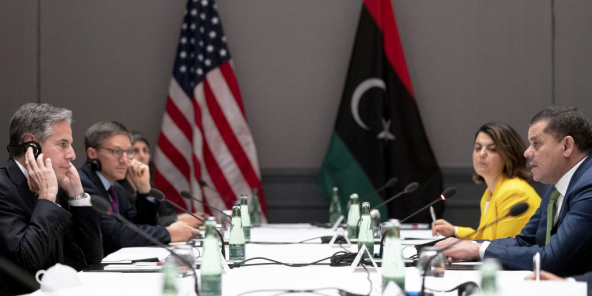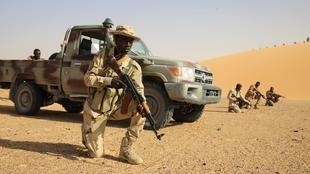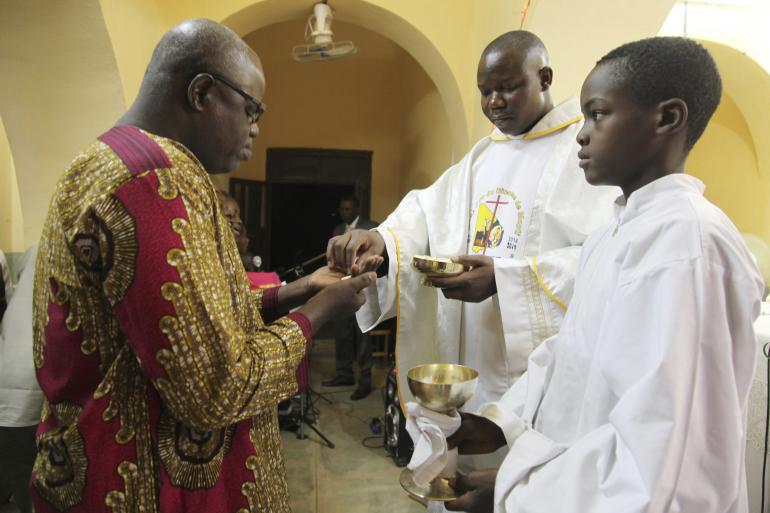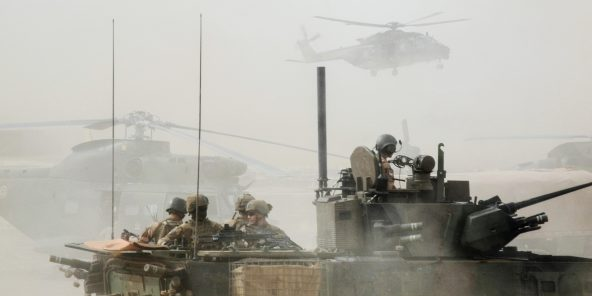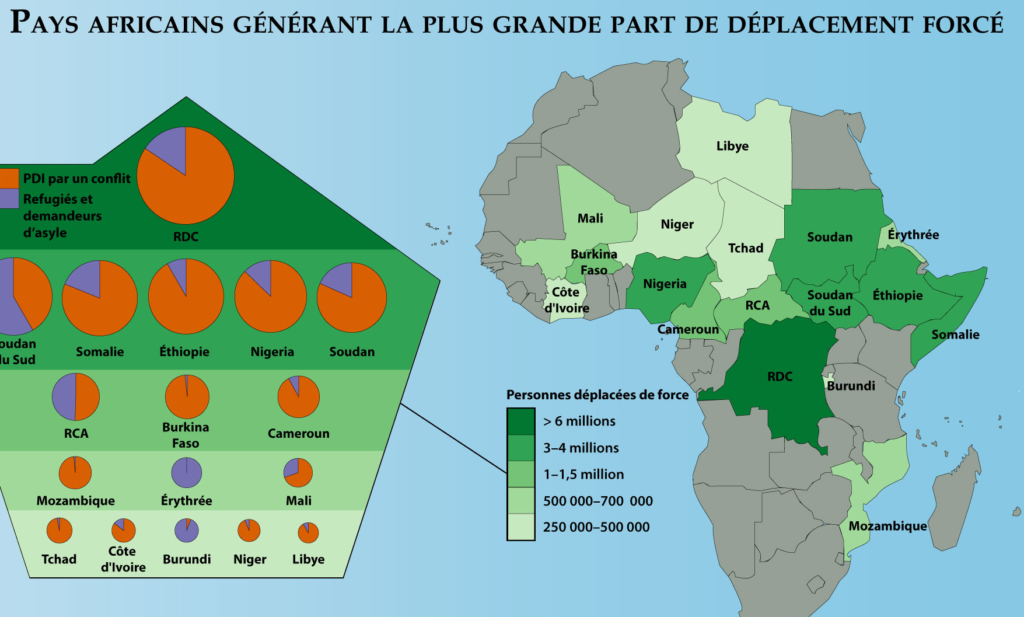Centrafrique : l’ONU accuse l’armée et ses alliés russes de violer les droits humains
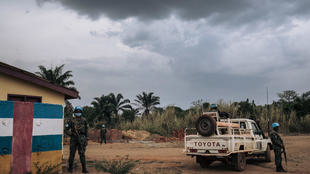
Selon l’ONU, les groupes rebelles ne représentent plus la seule menace pour les populations civiles et le bon déroulement de la mission de maintien de la paix en Centrafrique. Les forces armées et les paramilitaires russes qui les soutiennent seraient également responsables de l’instabilité qui règne dans le pays.

